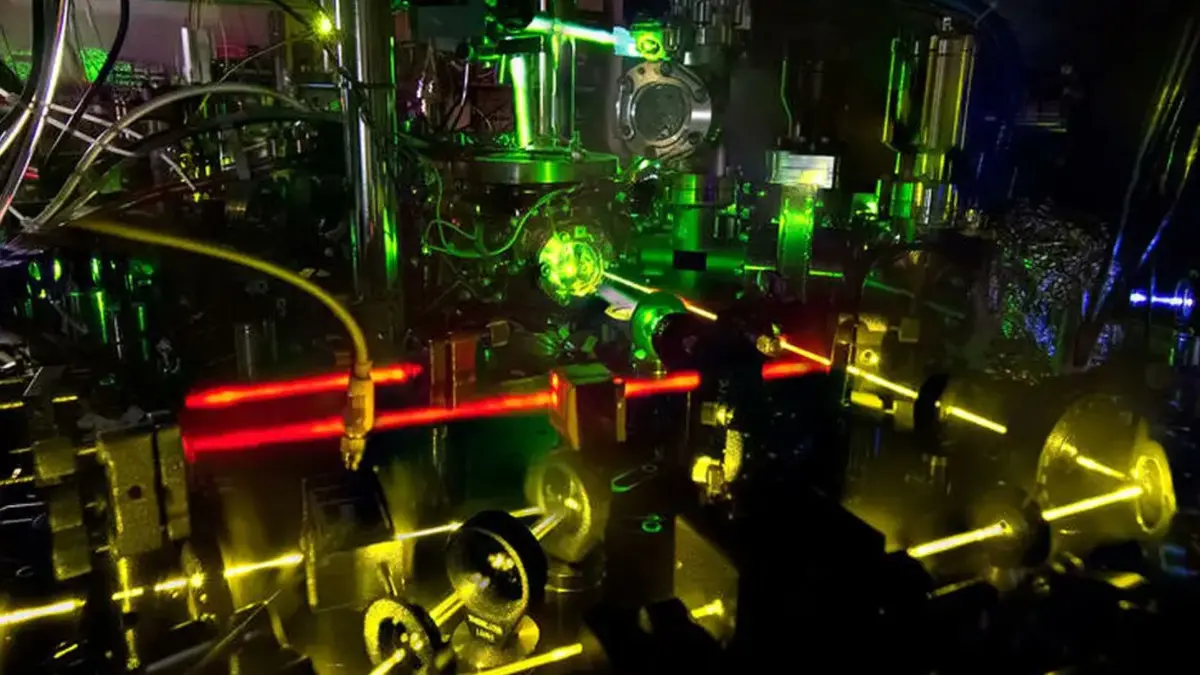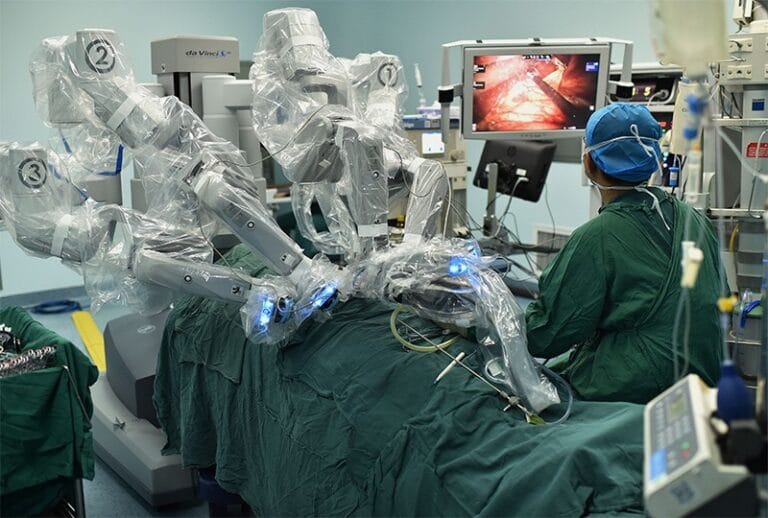UK Defence Lab Unveils Quantum-Enhanced Atomic Clock for Military Applications

UK Defence Lab Unveils Quantum-Enhanced Atomic Clock for Military Applications
The UK’s Defence Science and Technology Laboratory (Dstl) has developed a cutting-edge quantum atomic clock aimed at revolutionizing military operations. This advanced timekeeping device, capable of losing less than one second over billions of years, enhances precision, reduces reliance on GPS, and bolsters resilience to interference, as announced by the UK Ministry of Defence.
Precision Timekeeping for Secure Military Operations
Traditional global navigation satellite systems (GNSS), such as GPS, are vulnerable to jamming and spoofing, leaving critical military operations exposed to disruptions. The newly developed quantum atomic clock addresses these vulnerabilities by providing a reliable and independent timing mechanism. Dstl’s Chief Executive, Paul Hollinshead, hailed the innovation as a milestone in the UK’s quantum technology capabilities, emphasizing its potential to “shape future Defence efforts” and its role in securing resilient operational advantages.
Applications Beyond Timekeeping
The atomic clock’s capabilities extend far beyond precision timekeeping. It is poised to strengthen military operations through:
- Improved Navigation: Providing robust alternatives to GPS for military vehicles, aircraft, and personnel.
- Secure Communication: Enabling encrypted and resilient communication networks.
- Advanced Weaponry: Enhancing the accuracy of guided missiles and other precision-based systems.
Commander Matt Steele of the Royal Navy highlighted the clock’s potential, stating, “The ability to operate effectively, navigate securely, and maintain lethality with quantum-enhanced technologies will secure operational advantage in the years to come.”
Future Adaptations and Miniaturization
The quantum clock is designed with scalability in mind, aiming for miniaturization to broaden its applications across various military platforms. Future iterations could be deployed on land vehicles, aircraft, and naval vessels, significantly boosting their operational resilience.
Maria Eagle MP, Minister for Defence Procurement and Industry, underscored the government’s commitment to innovation, noting, “Integrating cutting-edge technology into existing capabilities ensures our Armed Forces have the best tools to keep us secure at home and strong abroad.”
Collaborative Development
The development of the quantum atomic clock involves collaboration with prominent partners, including:
- Infleqtion UK
- Aquark Technologies
- HCD Research
- Imperial College London
Jonathan, a technical leader at Infleqtion, emphasized the importance of reliable timing services, stating, “Quantum is uniquely placed to provide robust position navigation and timing services, critical in today’s rapidly changing world.”
Government Investment and Trials
The UK Government has allocated over £28 million ($35 million) to quantum research through Dstl. These efforts align with the Government’s Plan for Change, which prioritizes national security and economic growth through advanced technology and skilled jobs.
Initial trials, titled “Demonstration of Advanced Timing Apparatus,” are evaluating the clock’s performance outside the lab. Conducted with input from the Royal Navy and the Army Futures team, these trials mark a significant step toward operational deployment within the next five years.
Paul Hollinshead remarked, “The data gathered during these trials will shape future Defence efforts and signal to industry and academia the UK’s serious commitment to quantum technologies.”
A Leap into the Future
The quantum atomic clock represents a significant leap in military technology, providing unmatched precision and resilience in an increasingly complex and contested global landscape. As the UK continues to invest in quantum advancements, this innovation sets a benchmark for the integration of quantum technology into defense systems, ensuring secure and strategic advantages for years to come.




